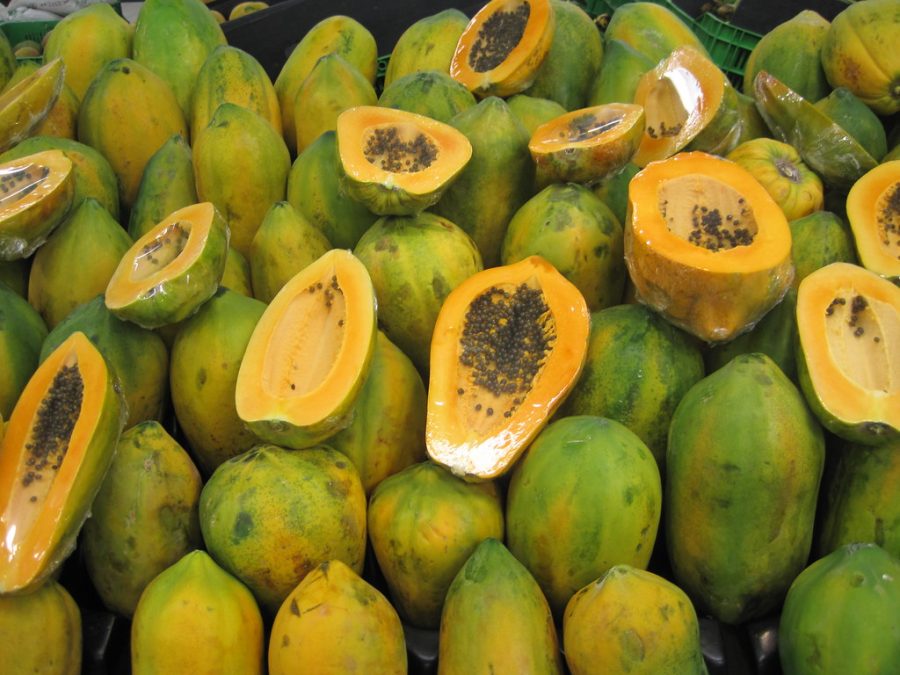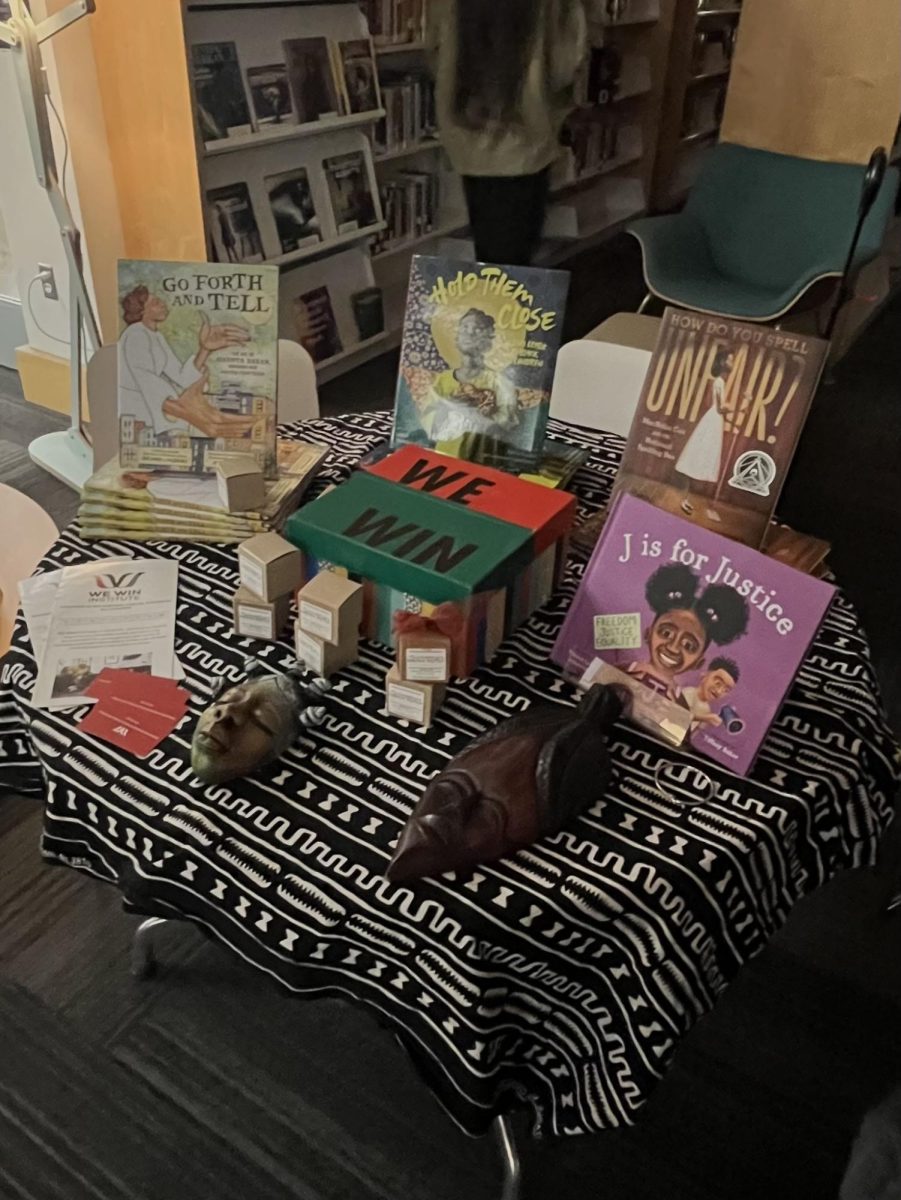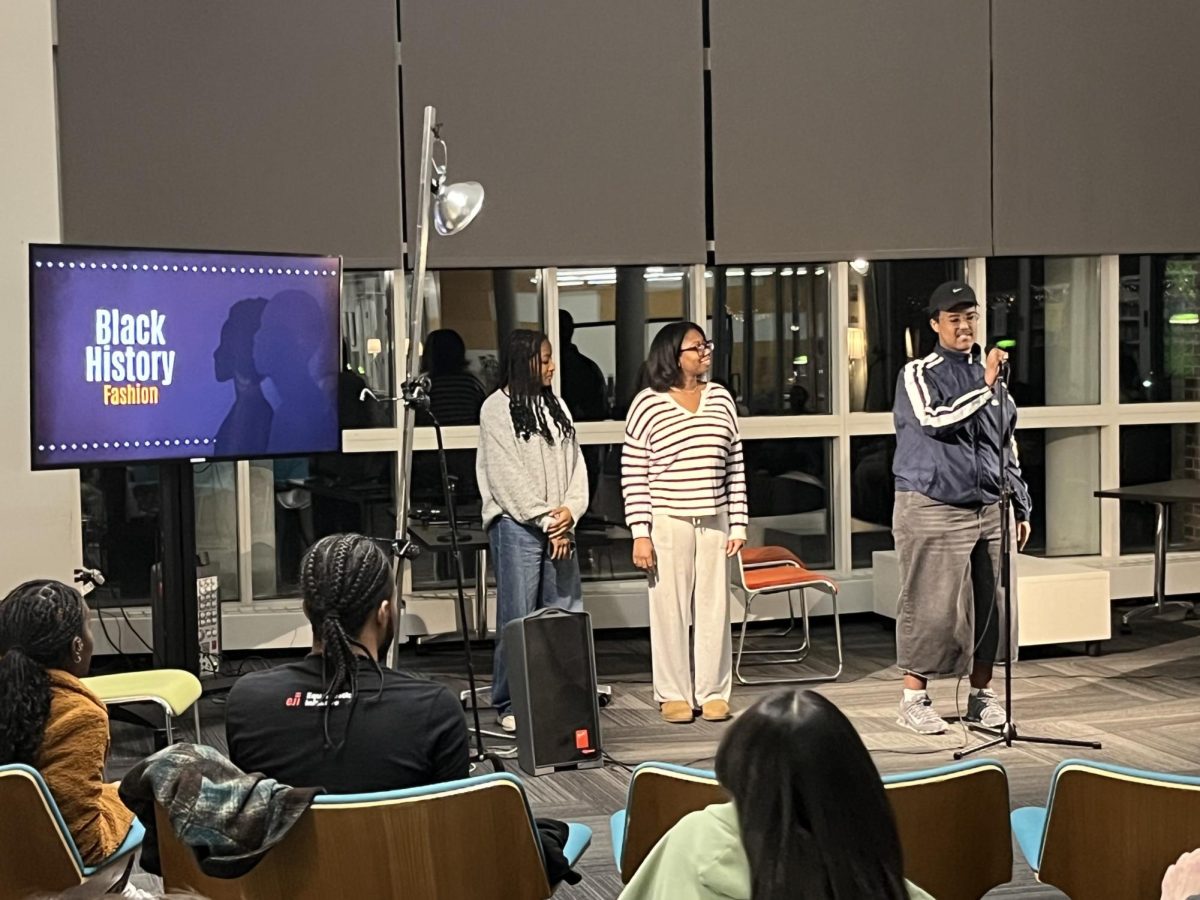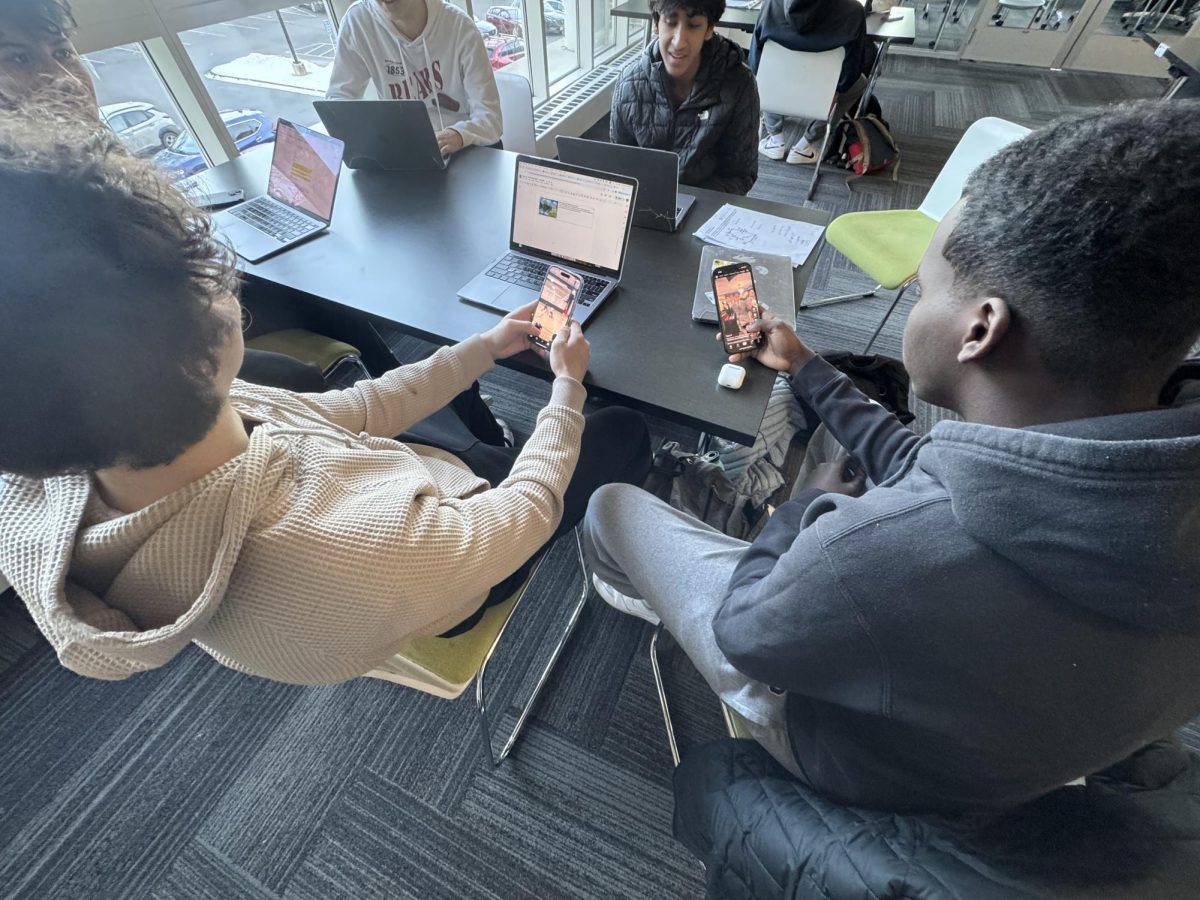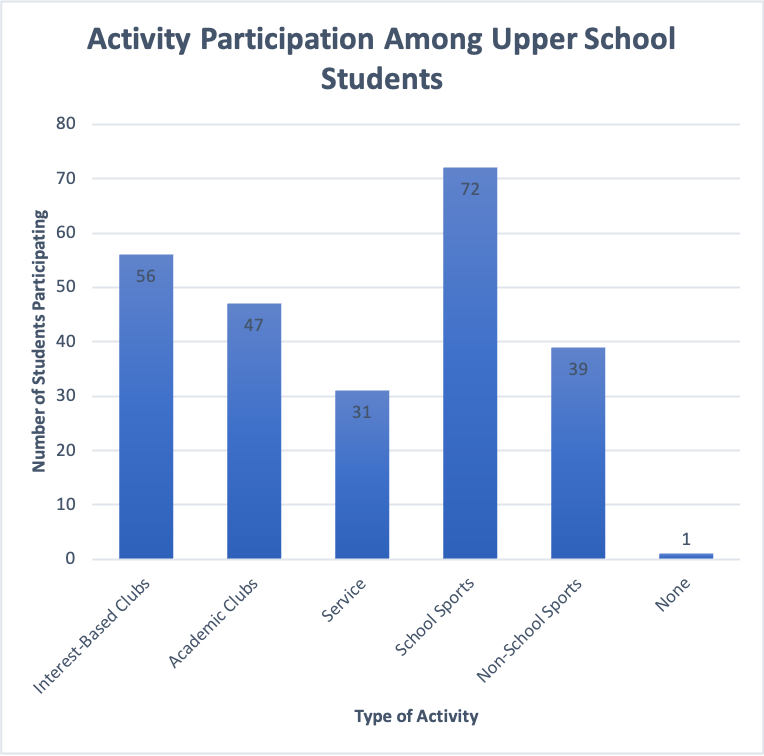In an era of continual scientific advancement, we are constantly being faced with questions regarding the morality and ethicality of altering the very building blocks that comprise our lives. Clustered regularly interspaced short palindromic repeats, also known as CRISPR-Cas9 sequences, have the potential to revolutionize the food industry–and health as we know it–but, are we ready as a society ready to alter the genomes of the very food that we consume?
Scientists first discovered CRISPR sequences in bacteria that have DNA repair systems called CRISPR-Cas9 loci. When infected with a virus, CRISPR sequences copy that virus’ genome so that if the bacterium is infected by the same virus, or a similar virus, it can use the copied CRISPR sequence to signal the enzymes to slice apart the DNA, which disables the virus and stops the bacteria from being infected. This same process can be manipulated and used to the advantage of scientists. Instead of CRISPR sequences targeting viral DNA, they can be “programmed” to target and remove a specific gene from any genome or copy and splice specific genes in order to turn someone who is heterozygous for a particular trait into homozygous.
This technique has already been applied in parts of the US food industry, and according to the US Food and Drug Administration, because CRISPR sequences do not involve the use of foreign DNA, it does not need to be as scrutinized by the FDA before hitting our markets. One example of this is yogurt: the bacteria used in yogurt production have been altered with CRISPR for at least a decade. Because of the FDA loophole, it is, first of all, hard to know which yogurts have not used CRISPR and to what degree consumption of altered food is safe for the consumer.
However, CRISPR sequences may have the potential to completely transform our food industry as we know it, making food cheaper to produce, less harmful to the environment, much more accessible, and more weather and pest resistant. Still, there are still many questions regarding how altering the genomes of our food will remain ethical, how it will maintain biodiversity, how will it affect pollinators, who will have access to this food, and if there are any side effects from consuming food that is genetically altered, anything from a higher or lower Calorie count, to people having major reactions to their food.
Using CRISPR sequences offers so much potential for our food industry, and if studied further to ensure consumer safety and minimize environmental impacts of food production, is our society ready to take a big leap forward and modify the genomes that make up the food that we consume?


